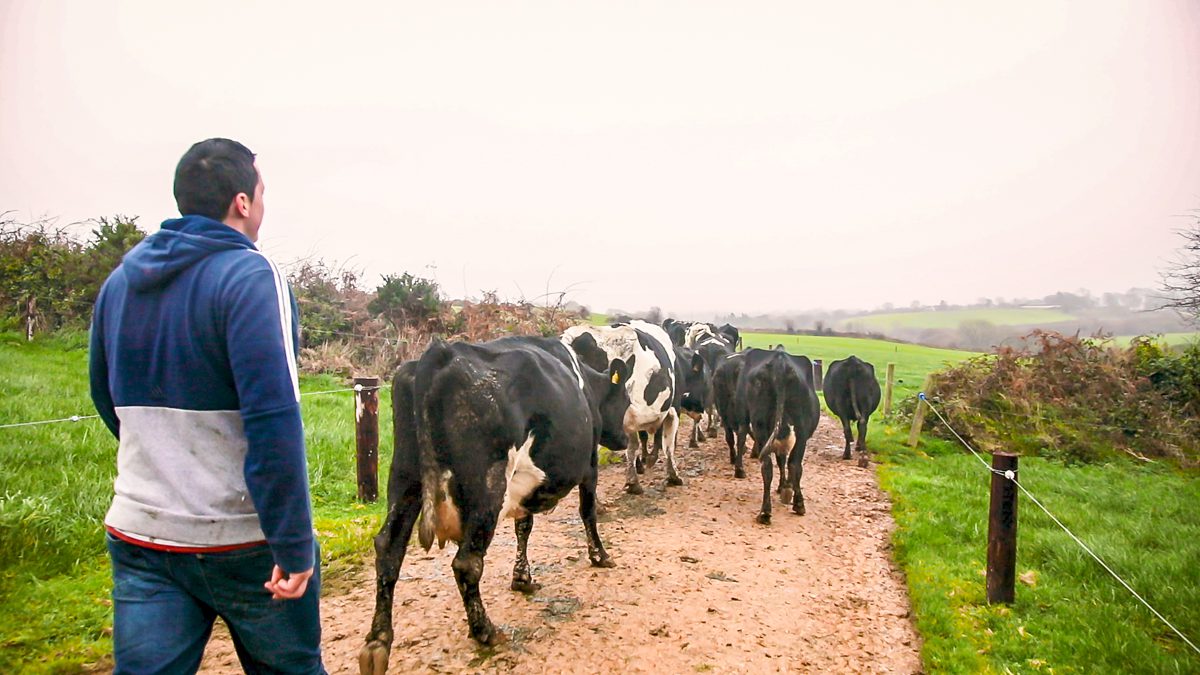Farm income might be up but farmers continue to face tough times, industry leaders warn as the latest figures show an 83% increase in total agricultural income in Northern Ireland.
Ulster Farmers’ Union president Barclay Bell said it should be remembered that the high percentage increases were an improvement from a very low base.
He said: “The Ulster Farmers’ Union welcomes the increase in farm incomes generally, but farmers continue to face tough times across many enterprises.
“This increase was due to a combination of increased output and a more favourable sterling and euro exchange rate. This increased CAP payments by 5% underlining the continued importance of this direct financial support.
“This made up over 60% of farm incomes. It must also be remembered that input costs were up by 8% and are continuing to rise.”
‘Challenges ahead’
He said: “While we welcome the much-needed improvement, there is still considerable uncertainty around markets and support arrangements after Brexit.
“It is essential we get clarity on these at the earliest opportunity – particularly in relation to a possible transitional period with the EU.
“It is crucial that we use this welcome upturn in fortunes to plan now for the challenges and opportunities that lie ahead.”
‘A major relief’
Ulster Unionist leader Robin Swann said that, while the increase was welcome, it was likely farming incomes would remain volatile for a long time.
He said: “These figures are very welcome and they will come as major relief for an industry that was until recently still reeling from a series of major year-on-year reductions in incomes.
Whilst an increase of over 80% does sound impressive, we need to remember that 2016 was an incredibly low base to start from.
“I would caution that, even with 2017’s strong performance, incomes from farming will likely remain volatile for some time.
“The industry is still facing a number of acute challenges. The larger retailers and processors still hold a monopoly and can determine a profit or loss on a whim.
“Last year’s weather was atrocious with millions of pounds worth of crops destroyed and farmers forced into housing livestock far earlier than usual. There remains an imminent threat of a fodder shortage later in the spring.
‘The most to lose from Brexit’
“Finally, agriculture potentially has the most to lose from a bungled Brexit deal and inadequate new trade arrangements. A report from the House of Lords last July said: ‘The greatest threat to farm animal welfare standards post-Brexit would come from UK farmers competing against cheap, imported food from countries that produce to lower standards than the UK.’
“Despite that warning we are now little more than a year away from the UK leaving the European Union and major ambiguity remains – especially on the key point of future trade arrangements.
This is a crucially important time for the future of UK agriculture. Decisions taken now and over the next 12-15 months will have a direct impact on the future of entire generations of farming families.
“So whilst last year’s increase in income was welcome, I fear that the industry will still have to wait some time for longer-term stability.”

